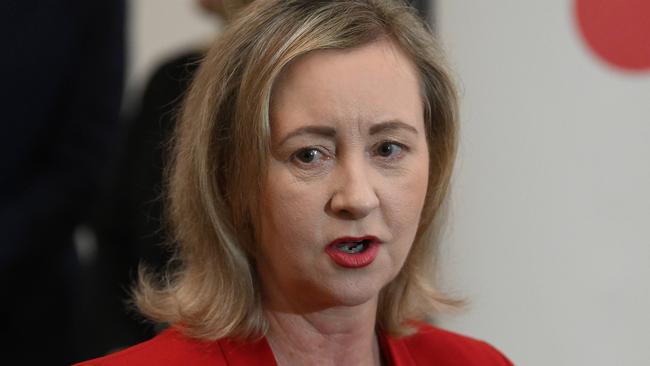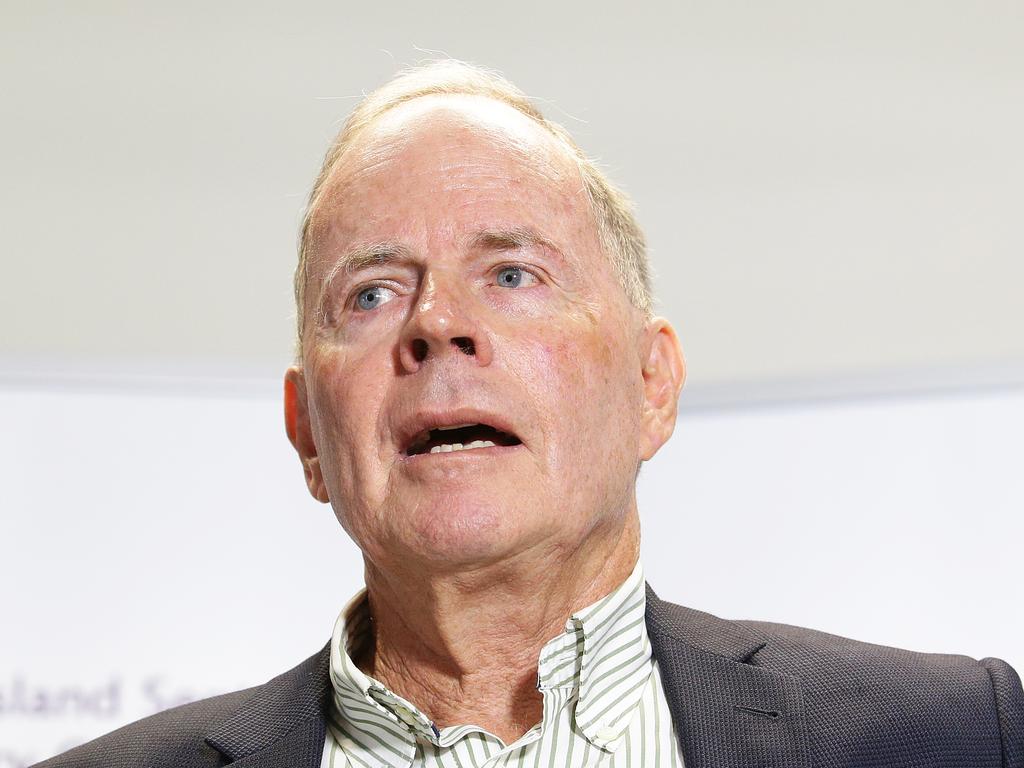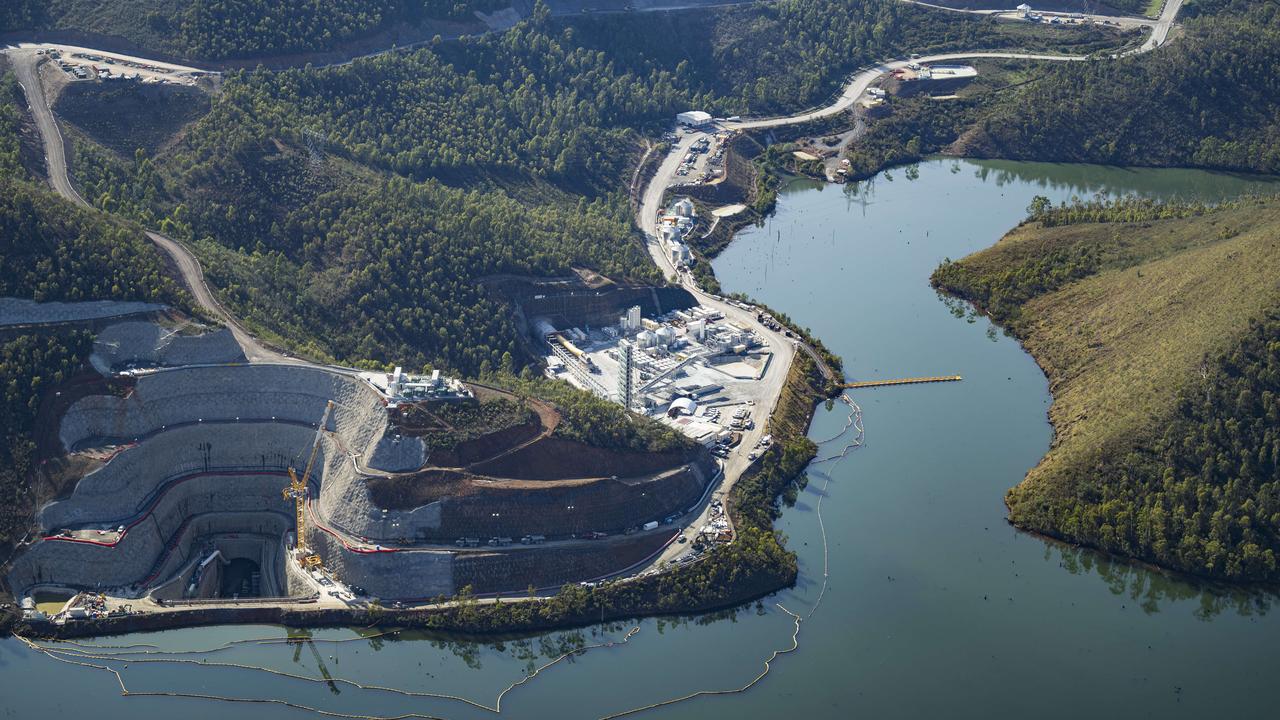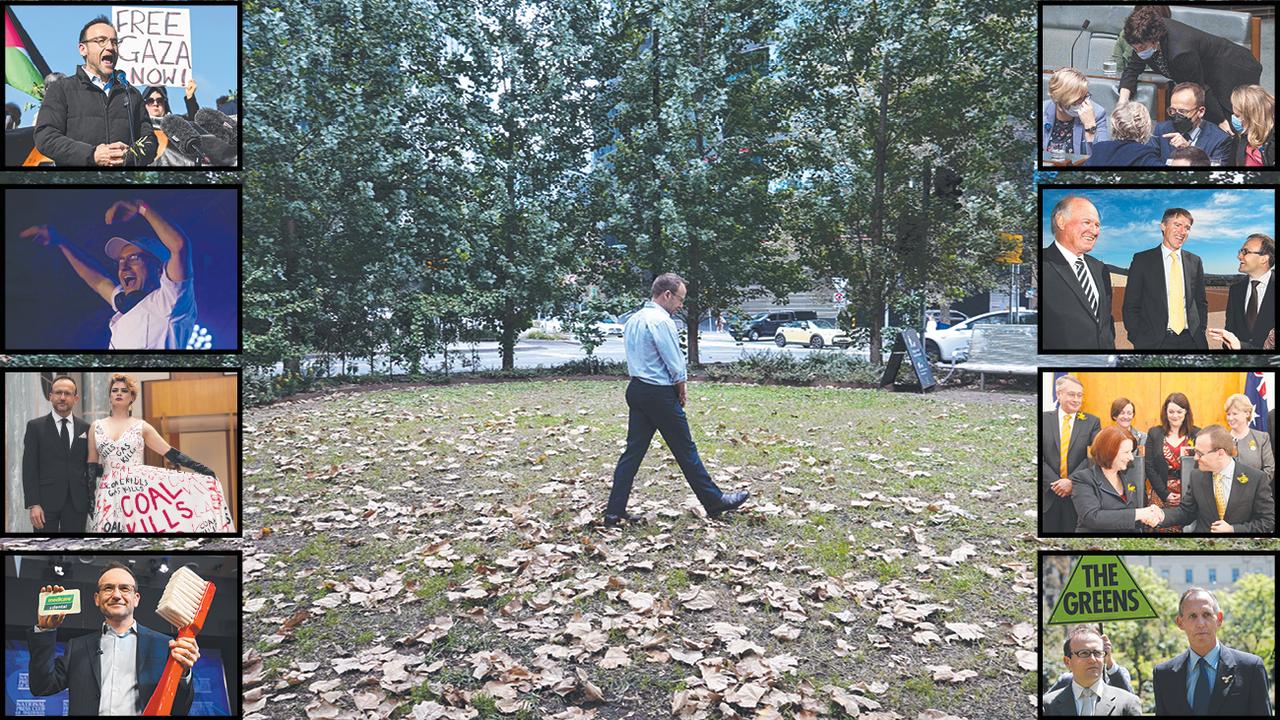Queensland confirms age of criminal responsibility will remain at 10 years
Queensland Attorney-General Yvette D’Ath says the state will not increase the age from 10 years, amid prolonged pressure over the Palaszczuk government’s handling of youth crime.

Queensland Attorney-General Yvette D’Ath has confirmed the state will not increase the age of criminal responsibility from 10 years, as the government faces prolonged pressure over its handling of youth crime.
Answering questions from the floor of Labor’s state conference in Mackay on Saturday, Ms D’Ath said the government would instead focus on diversion programs.
“The Premier has been very clear that we are not changing the age of criminal responsibility,” she said.
“But what we are doing is working at a national level is to find how we divert them away and have better programs and better ways instead of incarcerating them,” she said.
Former Queensland Attorney-General Shannon Fentiman flagged last month the state did not have plans to increase the age, but Ms D’Ath categorically ruled out the proposal on Saturday.
Ms D’Ath’s comments signals breakdowns in the national push to raise the minimum age of criminal responsibility from 10 to 12.
In late 2021, the Australian Council of Attorneys-General voted in favour of developing a proposal to increase the minimum age of criminal responsibility from 10 to 12, although no jurisdiction has enacted legislation yet.
A landmark report recommending the age be lifted to 14 without exception was handed to the nation’s Attorneys-General last year, but states remain split on reforms.
From August, children younger than 12 will not be criminally responsible for their actions in the Northern Territory while legislation has been introduced by the ACT government to increase the age of criminal responsibility to 14 by 2025.
In April, Victoria announced there would “not be criminal consequences” for any 10 or 11-year-old child who commits a crime by the end of the year with plans to further lift age of responsibility to 14 by 2027.
NSW is awaiting findings from the nation’s working group due later this year, while Tasmania plans to increase the minimum age of youth detention from 10 to 14 years.
Juvenile justice resurfaced as a major political issue for Queensland’s Labor government over summer after a series of high-profile murders allegedly by teenagers.
In a push to address its perceived failure on youth crime, the Palaszczuk government in March decided to override its own human rights laws with legislation that threatens children with two years jail if they breach bail conditions.
Announcing a reshuffle of her cabinet last month, Annastacia Palaszczuk flagged youth justice was an area her third-term government “needs to do better” on.
Queensland Sentencing Advisory Council statistics show less than 10 per cent of young people sentenced in 2005-22 were under 14 and most were for property offences such as unlawful entry, wilful damage and stealing.








To join the conversation, please log in. Don't have an account? Register
Join the conversation, you are commenting as Logout